The first presidential debate: Two AVHS students’ perspectives
On September 29, the two leading candidates of the 2020 election, Republican nominee President Donald Trump and Democratic nominee and former vice president Joe Biden arrived at Case Western University in Cleveland, Ohio for the first presidential debate. The event lasted for an hour and a half.
To gain a different perspective on this debate, we interviewed two AVHS seniors, Soumya Sahay and Nina Moothedath, who watched the debates with their families the night it aired.
What were your general impressions of the debate as a high-school teenager?
Sahay: Honestly…it was incredibly disappointing and almost scary. The fact that the President of the United States is unable to follow basic rules set in place prior to the event for the sake of the event and for clarity purposes for the sake of the American people is disappointing. That, on top of the multiple times in which President Trump made numerous amounts of incredibly unnecessary and low-blow remarks regarding Biden’s past rather than actually focusing on the issues at hand, especially given the current state of the country…it’s saddening. And that’s not to say that Biden didn’t make his fair share of mistakes, though admittedly, not to the low level of Trump; Trump’s supporters back him as a candidate because of his ‘take action’ attitude, and ‘no BS’ nature. Biden fell into his trap multiple times throughout the debate by coming unprepared with responses, and Trump, though seemingly aggressive, came across as the more prepared and well-versed candidate.
Moothedath: Chaotic. By now a lot of the craziness that happens on tv when it comes to politics feels normal because we’ve been exposed to so much of it, but this debate broke that norm because even after the past 4 years I wasn’t expecting anything like it. Everything from the interruptions, to the moments where it was both candidates talking over each other and the moderator, to the insults thrown around made it feel surreal, almost like an SNL skit of an actual debate. In the days after the debate, I looked back to some past ones online and was completely shocked by the professionalism, even when sides were attacking each other. I think everyone was expecting something, but nobody was expecting it to be this bad.
Who do you think won the debate?
Sahay: I think Vladamir Putin won the debate, to be frank. Where the winner may seem unclear, the losers were apparent: the American people lost that night, and they lost hard. The first presidential debate made it evident that the country’s only choices for President were two old, white men who were unattached from the public’s needs, one of whom can’t even respectively set aside his anger to allow the other candidate to provide his input and stance on the question asked, which, may I remind you, is the sole purpose of a debate: to further understand each candidate’s stances on meaningful issues. I don’t think any new, helpful information was shared, and I think the only correct response that anyone, Biden or Trump supporter, can have is: “that was a disaster.”
Moothedath: I think it really depends on who you ask. For those who were already backing Biden, Trump’s interruptions were childish, and Biden’s reactions to them justified. For those who backed Trump, hearing their president be called a clown on national television only villainized Biden more. Even for those who were in the middle, the arguments and talking over each other couldn’t have helped them understand both candidate’s positions in a way that would help them form an educated decision. I don’t think anyone gained anything from this debate.
Was there a specific moment in the debate that was particularly memorable for you?
Sahay: For me, the most memorable and lowest point of the debate was when Trump felt the need to bring up Biden’s personal history, both with his past school records and with his personal family concerns, specifically referring to Biden’s son, Hunter Biden, and his discharge from the military because of his revealed cocaine addiction. That is such a horrendous comment to bring up, both because it has absolutely nothing to do with the issues at hand, and also because Biden’s son’s decisions as a grown man have nothing to do with his ability to be the leader of the free world, nor do they speak to his character in the slightest. If anything, I feel like the way Biden responded spoke positively to his character, as he chose to support his late son and respect his attempt at rehabilitation rather than condemn him for his poor choices. In the words of former first lady Michelle Obama, “when they go low, we go high.”
Moothedath: This wasn’t one moment, but every once and a while after Trump would say something, Biden would scoff and start grinning and that really stuck with me. We’ve seen candidates be mean to each other, make below the belt strikes, but for one to just let the mask drop and openly laugh was equal parts refreshing and disturbing. Refreshing because at times I felt the same way, and disturbing because of what it says about what politics has become in our nation. I’m still not sure whether it was justified or not, but I do think that it’s a symptom of how polarized and divided we are as a nation.
How do you think this debate affected or changed the minds of the American public, if it did at all?
Sahay: If anything, I think it was clear from the end of the debate that there need to be some new rules put into place that monitor both candidates; neither side should be able to speak more than 5 seconds past their given two minutes, mics should be turned off after each response to prevent interruption, and most importantly, there should be a fact-checker present to clarify when an incorrect piece of information is mentioned to the public. If there is a place people can go to trust they are getting accurate responses, it should be in a publicized presidential debate, and that was just not the case in this scenario. I read an article on CNN the other day that was solely written to point out the inaccuracies said throughout the debate, but what effect does that have after the fact? Sure, active voters who are engaged in politics will put in the effort to learn the truth behind the words said, but we have learned, especially in the last few elections, that there are thousands of uneducated voters who believe what they are told and stick with their first impressions. That needs to be changed or at least moderated.
Moothedath: I think the debate was a wake-up call for everyone about just how broken things are. I also think it’ll motivate people to go out and vote. No matter who anyone believes “won” or is “better”, seeing the two go head to head in such a chaotic way is a big motivator to go out and vote to make sure things get better from where they are right now. A lot of the different opinions I’ve seen about the events that took place that might have been about character moments, not policy, so if people’s minds were changed, it was likely more because of that than anything else. It was less about the facts and more about the people.
How well do you think each candidate argued for their policies and platform? How would you characterize their efforts to do so?
Sahay: Nothing was said that hadn’t been said already, and from watching the debate, I don’t think either side was able to promote their platform in a way that hadn’t already been done. The same tactics were used: Trump presented himself as aggressive, action-taking, and successful from his first term, Biden took the more democratic approach of ensuring that he was speaking directly to the people, consistently pointing out to the crowd, looking directly at the camera, presenting a united front. Trump made himself seem like a man of the country, backing himself up with what he has done for the economy, as well as other improvements during his time as POTUS. Biden made himself seem like a man for the people, a man who listened rather than pushed his own ideals, an example being his take on abortion, saying that though his personal religious beliefs do not support abortions, he understands that it is the right of the woman to make decisions for her body. Trump took the economic route, while Biden stuck with a more social platform. All in all, it was nothing we haven’t seen or heard before.
Moothedath: What really struck me was how whenever someone started actually talking about their policy or their views on the other’s policy, the other would say things like “no” or “wrong” or “that’s not true”. While I certainly agree that certain things were blatantly not true, for someone tuning in to try and better understand what is actually better for the nation, who actually represents them best, it’s hard to know what’s actually lies and what the other candidate just disagrees with. I think the mistruths in general really hurt our politics, but they’re especially dangerous when referring to the other candidate’s opinions. Last year in English we learned about the logical fallacy of the strawman argument, where you take your opponent’s argument and misrepresent or overly simplify it so that you’re able to easily strike it down. There are also ad hominem attacks, or where attacks are directed against someone’s character instead of their arguments. While character is something important to consider in a president, using it as a way to distract from the actual issue being debated detracts from the debate itself. In any case, all of these factors make it much harder for the American people watching at home to get the information they should be out of a debate.
Lastly, I know the country is currently in an uproar from President Trump’s recent COVID-10 diagnosis. What effect do you think this will have on future debates?
Sahay: Just like the rest of the country, I’m sure, I’m at a point of confusion for knowing what comes next, in regards to both the election and for our country. With COVID, to take the proper precautions, he must remain in quarantine for at least 14 days to prevent the spread of the virus, so obviously, that will affect how he goes about his campaign and former cross-country travel plans. However, I can’t give a definite answer to this because I just don’t know. The one positive thing that I hope, at least, comes from this chaos is that people finally come to terms with the importance of wearing a mask, and how easily the virus can spread. If the President of the United States can get COVID-19, you can, too.
Moothedath: I think at this point it’s hard to say what will happen because of the diagnosis. There are so many factors, like Trump’s past usage and attitude towards masks, how his recovery goes, the first lady’s recovery, whether anyone else in the family gets sick and many others. There’s also the impact on the logistics of the debate itself, if Trump is sick, would he have to zoom in? Would he agree to it or insist on being on stage since the two have some distance between them? If Trump used Zoom or another platform to virtually attend the debate, would Biden have to as well? It’s really anyone’s guess right now how things will work, especially with the frequently changing nature of the virus in the news, but we can hope that the next debate will be better than the one we just had.
The next debate will be the vice-presidential debate on October 7. The second presidential debate will air on October 15, and the last debate will air before the election on October 22.
Your donation will support the student journalists in the AVJournalism program. Your contribution will allow us to purchase equipment and cover our annual website hosting costs.

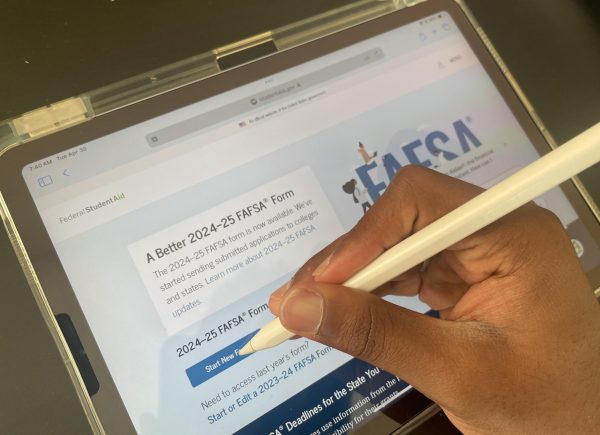
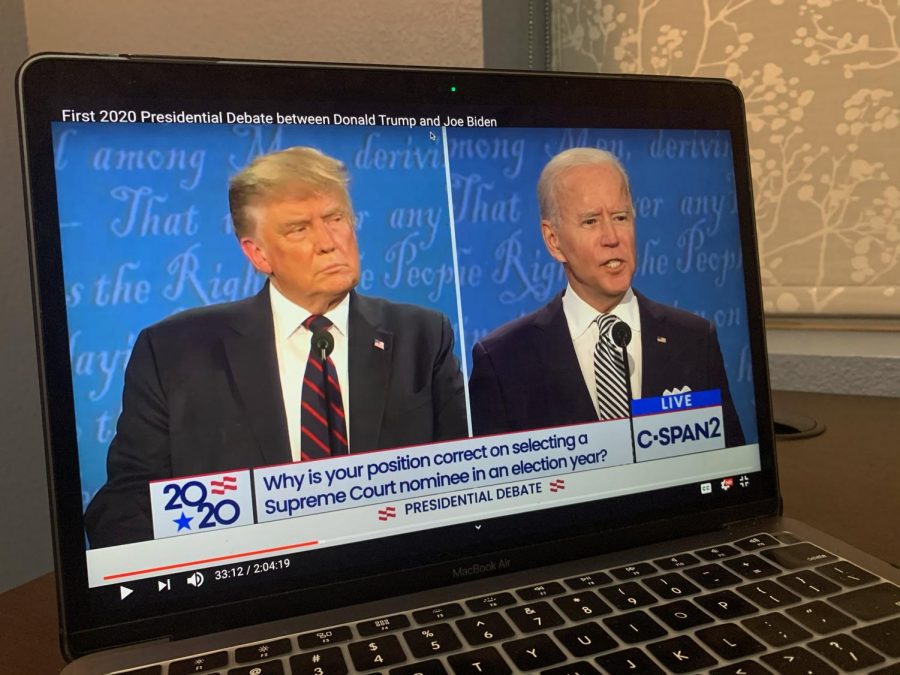

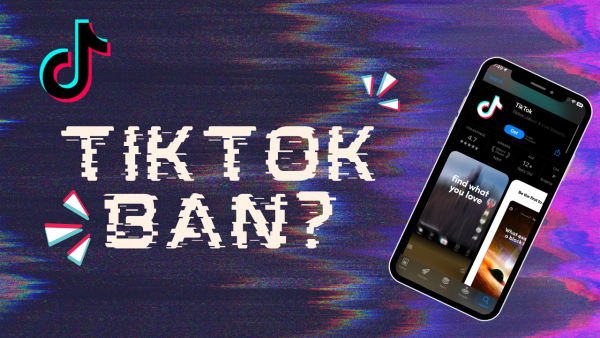

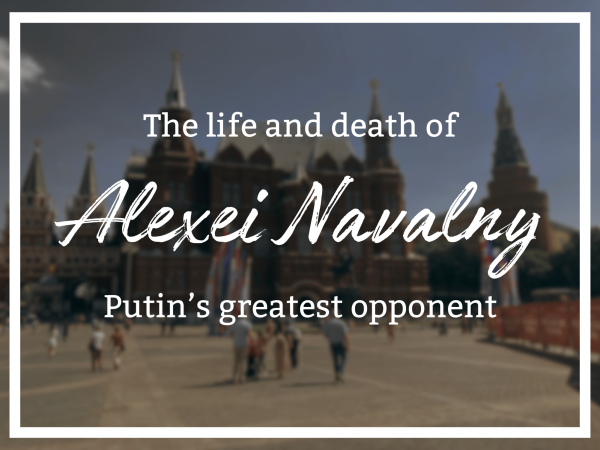
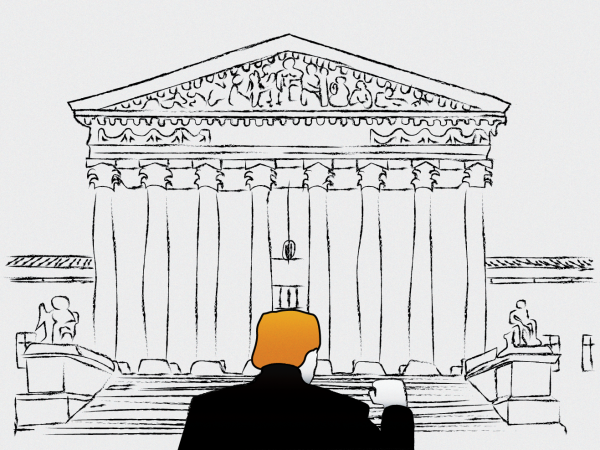
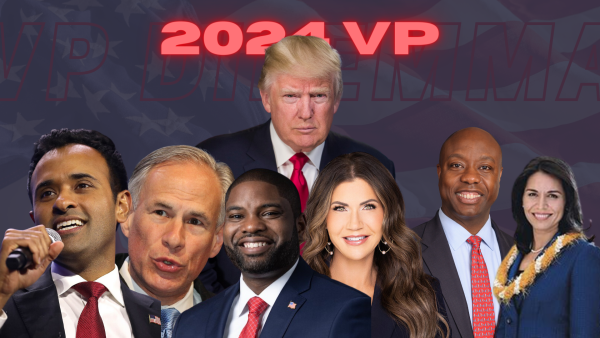
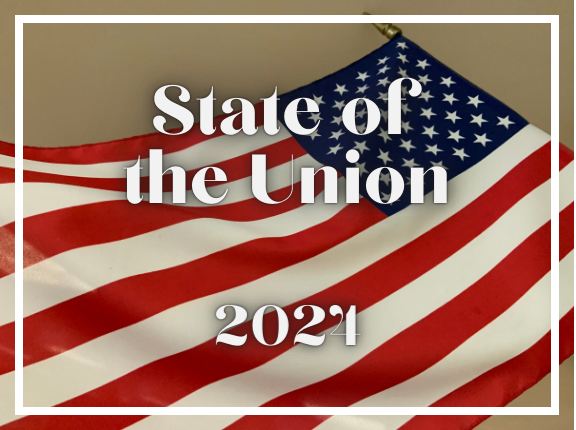
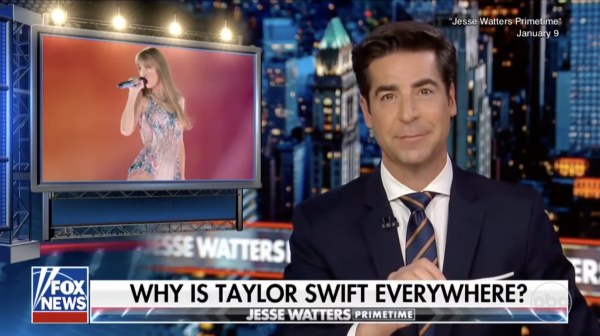
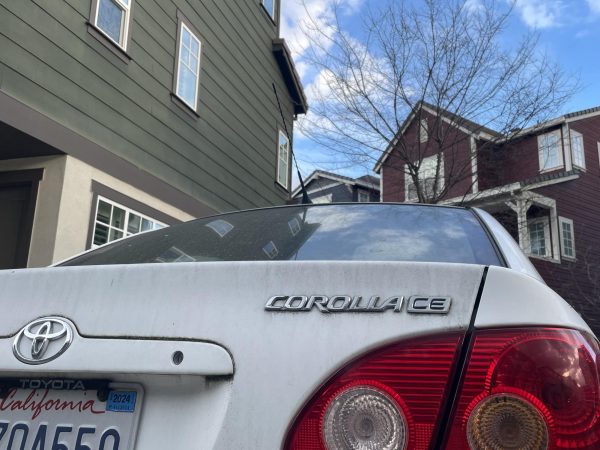
Anonymous • Oct 31, 2020 at 10:48 pm
I feel that both of the seniors who were interview here either supported Biden or were in the middle. I feel it’s important to also talk to someone who supports Trump because this article was really one-sided